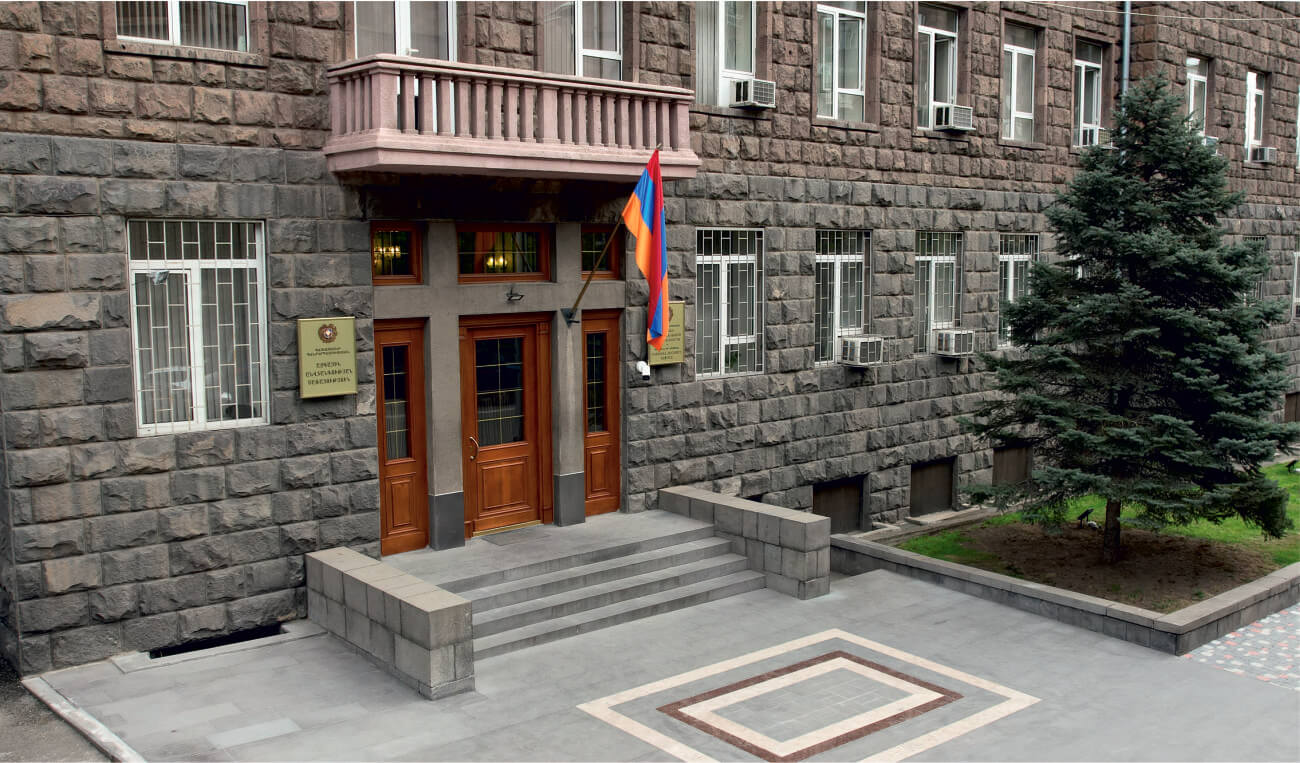New restrictions on Easter in Georgia: cemetery roads closed, public transport suspended
Cemetery roads to be closed on Easter in Georgia
In Georgia, roads to cemeteries will be closed during the Easter holiday.
Municipal transport will not work between May 3-12.
According to the government’s decision, the curfew will be reduced in connection with the Easter Liturgy for only one night, and will instead be in force from 23:00 on May 1 to 04:00 on May 2.
The Council negotiated with the Patriarchate of the Georgian Orthodox Church about the Easter holidays, and according to their joint decision, the liturgy will be held in accordance with epidemiological safety standards in churches, which will be equipped with loudspeakers, social distance and mask wearing will be observed.
May 4-11 have been declared holidays in Georgia, which is aimed at reducing the mobility of the population.
Deputy Minister of Health Tamar Gabunia says the government is considering the possibility of introducing Covid passports.
“We are really considering the issue of passports. Work is underway on the main parameters that will be reflected in them. This will necessarily be a history of vaccinations, a history of infectious diseases and, in some cases, the result of a PCR test. We are working on this and think that such a practice will be introduced in the near future,” Gabunia said.
- Majority of Georgian population doesn’t want Covid-19 vaccine – NDI survey
- Georgian church stands by decision not to assist vaccination campaign
There are currently two types of vaccines available in the country – Pfizer and AstraZeneca. Two weeks ago, 100,000 doses of a Chinese vaccine were imported, although the World Health Organization has yet to approve the vaccine.
In Georgia, due to the coronavirus pandemic, restrictions have been in effect since March last year. However, before that, in 2019, more than 9 million foreign guests visited Georgia, and tourism brought in a total of $3.2 billion to the Georgian economy.
Georgia’s economy contracted 6.1% in 2020, a record decline in 26 years, according to the National Statistical Office.



















